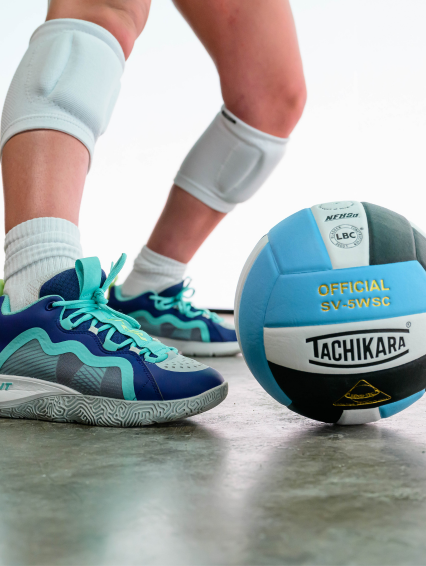Recreational Ball vs. Travel Ball
If your daughter is thinking about playing softball or she has been playing for a couple of years now I'm sure as an involved parent, you have heard chatter of other parents strongly siding with one. Do not let this influence your decision to stay in rec or move onto travel. Every player is different. It is up to you to be informed, weigh out the pros and cons and talk to your daughter to see if this is something she would like to make a serious commitment to or if it is just something she is enjoying right now.
We interviewed travel softball parents and rec softball parents to shed a bit of light on the positives and negatives of joining either league.
Travel ball is good for those who are not afraid of being challenged and want to play at a higher level.
Allows them to play against better competition.
They learn to be a part of a team effort and that there are sacrifices that need to be made for the team (for instance being pulled during a game).
In travel ball, your teammates and coaches become part of your family. Since you are spending so much time with your teammates, long-term friendships are formed more likely than on a rec ball team.
You have to trust that all decisions are made for the good of the entire team.
You have to be selfless and extremely hard-working.
It's almost the only way your player can get exposure to college scouts for scholarship opportunities.
Cons:
Monthly dues: $2,400 ($200 monthly)
New bat: $300 (new bat per year)
New cleats: $75 (one pair per year)
Weekly hitting lessons: $1,920
Uniforms: $400
Food when traveling: $2,400
Hotels (average 15 nights): $1,500
Gas: $2,400
With travel ball, there is minimal time to recover from errors. If you can not recover or a fix an error as quickly as another player then you will be replaced.
The time committed to travel softball requires a lot more of your free time than rec ball requires.
In travel ball, players have to try out. While many recreational leagues let anybody play (depending on their roster size) travel teams typically recruit players and conduct tryouts. Sometimes travel teams also change players during the season, adding and moving around players based on performance.

We interviewed travel softball parents and rec softball parents to shed a bit of light on the positives and negatives of joining either league.
Travel Ball
Travel ball softball is the next step up from recreational softball. It can be a huge change in commitment, skill level, and dedication depending on the type of team and price you go into. The low-end travel teams can be local teams going to a few tournaments outside the region. The high-end teams travel to tournaments every weekend (sometimes out-of-state) and qualify for national tournaments. (source)
Pros:
Cons:
It is more expensive. Keith Jajko, interviewed a softball travel mom and asked her to breakdown her costs for travel softball annually: It costs a family nearly $11,400 annually per player to participate in travel ball. Costs by region (travel mom is from California so these prices maybe a bit higher or lower than what you might spend), but here is her breakdown:
Recreational Ball
"Rec league" is short for "recreational league" and refers to a softball team within a local league formed of teams from the same neighborhood. A "rec team" is formed from players from the same league, and a rec team plays teams from the same league and/or surrounding leagues. Rec ball is great for all ages and especially for beginners who are still unsure of how much commitment they want to give to the sport.(source)
Pros:
- Coaches are more open to the players exploring different positions.
- Teaches them basic techniques. Rec players are given basic techniques and instructions at a pace they feel comfortable with.
- It is a great starter for players to figure out if they really like the sport and would like to continue with softball at a higher level.
- It allows each player to have the opportunity to play.
- Rec ball pushes equality, fairness, and gives each player the same opportunities.
- Rec ball allows them to have fun, play sports, and still be their age without all the stress and competitiveness of travel ball.
- Helps build a foundation for the game.
Cons:
- Not as competitive.
- Sometimes coaches are not as experienced, usually a player's parent who has volunteered to help out.
- Not as organized- depending on the organization.
- Lack of specified instruction. More general instruction.







